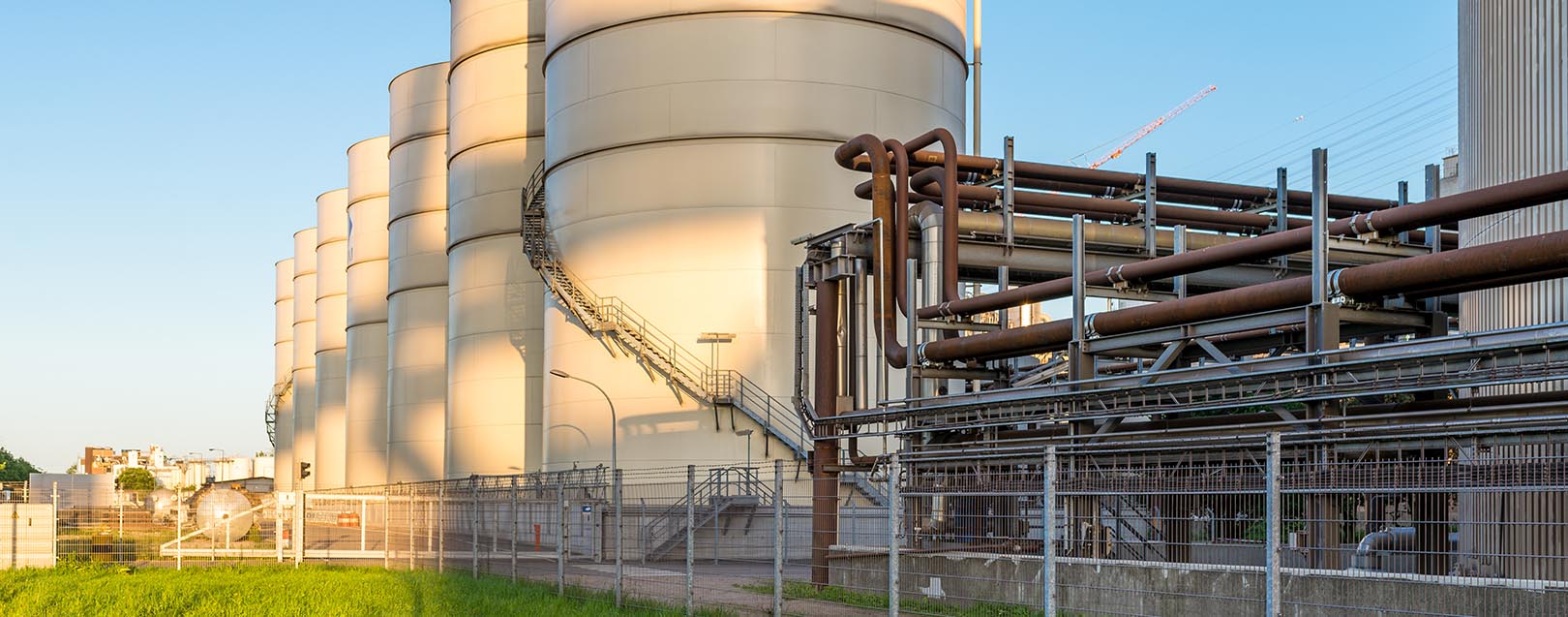
THE FROZEN FOUR: PROMISES AND LIES
Manish K. Pandey | March 2016 Issue | The Dollar Business
The two biggest oil producers Saudi Arabia and Russia (in that order, but of course, not bigger than the mighty Uncle Sam) have finally come together to the world’s rescue – to save the world from the oil crash by fulfiling their role of the so-called “swing producers”, raising and cutting production to keep a check on crude prices. The two, along with the beleaguered Venezuela (where the government revenues have already plunged 70% year-on-year in 2015) and oil-dependent Qatar (oil exports account for over 50% of GDP and almost 70% of government revenues), have agreed to freeze their respective oil production at January 2016 levels, all to arrest the falling oil prices – a phenomenon which has been troubling global oil economies for quite some time now.
Although Saudi Arabia was under tremendous pressurised to say “I do!” for a very long time, it decided to walk hand-in-hand with others only when it realised that its strategy of pumping more oil had backfired. In two years, the kingdom raised its daily average oil output by 7,40,000 bbl per day – a big contributor therefore to the meltdown in price of the commodity – in an attempt to gain greater global share and flush out higher-cost oil from the market. What resulted was a more than two-thirds fall in oil prices in about two years that posed threats of bankruptcy for the Saudi state (which required oil to remain above $105/bbl to balance its annual budget for 2015; source: IMF).
The new arrangement with the other three only signals that this biggest OPEC producer was running out of patience. And why not? After all, oil prices have nosedived over the last year and a half, from over $110 in June 2014 to below $30 very recently! But the question is: will this coordinated move really be of any help in easing the growing oil glut? The arrangement carries weight for two reasons. First, Saudi Arabia, Russia, Venezuela and Qatar are some of the world’s largest oil producers and exporters that together account for about a-third of the world’s total oil supplies. Second, and the most important, this is the first cooperative accord between OPEC and non-OPEC members in 15 years. So, if these countries have decided to freeze oil production at January levels, it surely means something.
But then, there’s another truth that deserves attention – the world’s been swimming in 1-2 million extra barrels of oil a day for the past 8-9 months. So, even if these countries freeze production at the same levels as January 2016, there will still be an oversupply of close to 300 million barrels, not including oil in tanks that amount to 3 billion barrels in the industrialised world itself [source: IEA].
Even Chris Lafakis, the US based senior economist at Moody’s Analytics, is of the opinion that “the freshly announced four-nation oil production freeze dispels some, but not all, of the forecast risk for oil prices.” But still he expects “the West Texas Intermediate (WTI) crude to rise to $50 per barrel by 2016 end.” If things go the way ‘the frozen four’ have planned, we are sure that the fall in crude oil price can not only be arrested, but the world can also see prices rallying back to a respectable level.
But will things move as hoped for?
Much depends on Russia. The Federation’s past record is not good – Moscow has failed to honour similar promises in 1990s and 2001, although stakes are higher this time. Even if Russia keeps its promise, how about Iran? The #2 OPEC producer has made clear that it won’t freeze its production.
The country has already raised production to over 3 million bbl/day (Jan 2016), up 80,000 barrels a day from December 2015), and is further planning to add 5,00,000 barrels a day soon to regain its pre-sanctions share in the world oil market! If this happens, the world will continue to remain awash in oil!
Get the latest resources, news and more...
By clicking "sign up" you agree to receive emails from The Dollar Business and accept our web terms of use and privacy and cookie policy.
Copyright @2026 The Dollar Business. All rights reserved.
Your Cookie Controls: This site uses cookies to improve user experience, and may offer tailored advertising and enable social media sharing. Wherever needed by applicable law, we will obtain your consent before we place any cookies on your device that are not strictly necessary for the functioning of our website. By clicking "Accept All Cookies", you agree to our use of cookies and acknowledge that you have read this website's updated Terms & Conditions, Disclaimer, Privacy and other policies, and agree to all of them.

